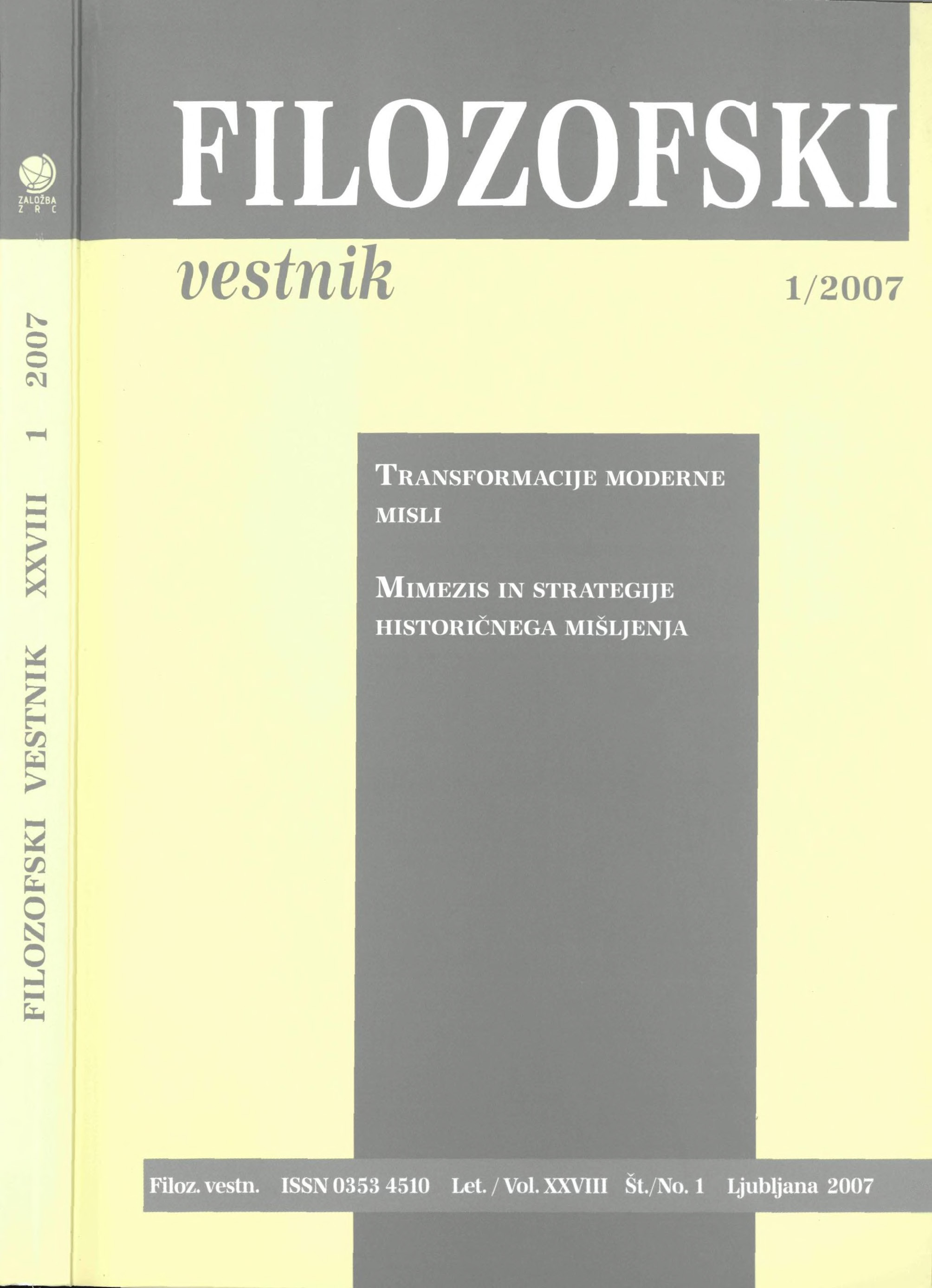Trio for an Orchestra. Validity, Narration, and Meaning
Keywords:
history, historiography, truth, philosophy of history, narrative, theory of history, interpretationAbstract
The article is an introduction to the three essays of leading historians who crucially influenced the historiographical debate on the transition from modern to post modern historical thinking in Europe and the United States. Hayden White, Frank Ankersmit, and Keith Jenkins show how the modernist way of writing history was connected with the modernist conception of historical time. Starting with White, who was particularly interested in showing that the emergence of historical science in the nineteenth century represents Europe's way of articulating its historical culture (in a systematic and focused way), we come as far as Frank Ankersmit’s conclusion that the exposition of the development of western historical consciousness can only claim validity if it does not properly account for the most complex intermingling of the genres of novel and historical writing. When discussing the writings of Keith Jenkins, on the other hand, the authors attempt to point out his belief that we cannot pick and choose whether we would like to live in postmodernity or not; we can (and many of us still do) exercise some degree of picking and choosing between the remaining residues of old ‘certaintist’ modernism (objectivity, disinterestedness, the facts, truth ..) and rhetorical, ‘postist’ discourses (reading, positioning, perspectives, constructions ..), rather than opting completely for one or the other. Consequently it is here, between old certainties and rhetorical postist discourses, that the current debates over what constitutes history and historical knowledge is effectively constructed reside.Downloads
Download data is not yet available.
Downloads
Published
2016-03-05
How to Cite
Luthar, O., & Luthar, B. (2016). Trio for an Orchestra. Validity, Narration, and Meaning. Filozofski Vestnik, 28(1). Retrieved from https://ojs.zrc-sazu.si/filozofski-vestnik/article/view/4389
Issue
Section
Mimesis and Strategies of Historical Thinking
License
Authors guarantee that the work is their own original creation and does not infringe any statutory or common-law copyright or any proprietary right of any third party. In case of claims by third parties, authors commit their self to defend the interests of the publisher, and shall cover any potential costs.
More in: Submission chapter





